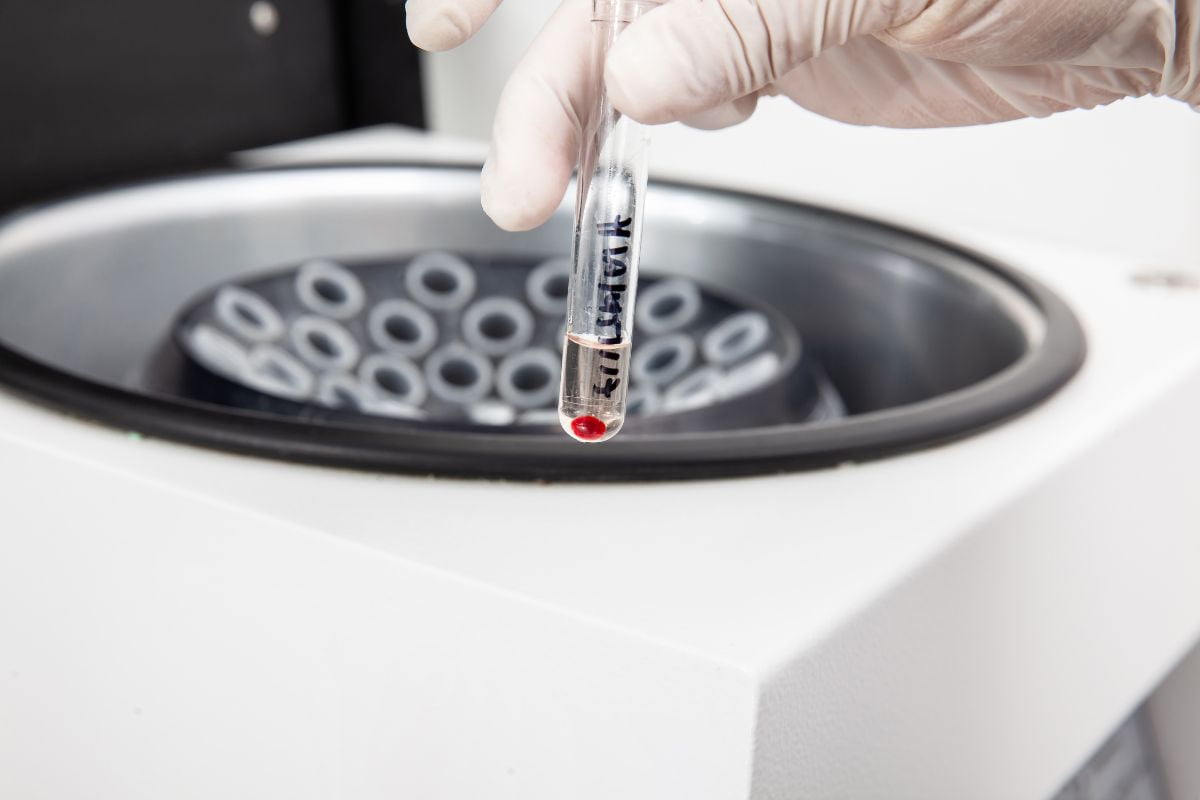The Bone Marrow Transplant Process, a scientific marvel is now a source of hope for patients battling numerous illnesses. The procedure is intricate and requires replacing damaged and damaged bone marrow with healthy cells, providing the possibility of regaining energy and health.
Understanding Bone Marrow Transplant Process
Before we get into the process of transferring organs first, let’s understand the importance the bone marrow plays in. The soft, spongy bone marrow is crucial in the production of blood cells, namely red blood cells to aid in oxygen transport and white blood cells to support immunity, and plates to facilitate blood clotting.
Indications for Bone Marrow Transplant
The procedure of donating bone marrow is usually advised for leukemia, lymphoma, or certain genetic conditions. To determine if patients involves looking at their general health as well as the particular criteria that apply to the procedure.
Types of Bone Marrow Transplants
There are three main kinds of transplants using bone marrow, autologous, allogeneic, as well as syngeneic. Autologous transplants are made using the patient’s own cells, whereas allogeneic transplants rely on donors. Syngeneic transplants are very rare and rely on marrow from the same twin.
Preparation for the Transplant
Before the transplant, an extensive evaluation of the health of the patient is performed prior to the transplant. Testing for compatibility is essential for allogeneic transplants to ensure that the donor’s cells are in line with the recipient’s cells as closely as is possible.
Finding a Donor
The successful allogeneic transplant depends on locating an appropriate donor. This could be a relative donor, unrelated to the donor and even blood from a cord. The importance of matching is to lower the chance of developing complications.
Harvesting Bone Marrow
The actual removal of bone marrow is done by a variety of methods, including bone marrow aspiration or the extraction out of pelvic bones. Although generally secure, there are some risk factors such as infection and bleeding.
Conditioning Regimen
Preparing the patient to undergo a transplant requires a regimen of conditioning that could include radiation and chemotherapy. This will help eliminate bone marrow cells in order to make space for the transplanted cells.
Transplant Procedure
Transplants are a precise procedure. Bone marrow cells of good health are introduced into the bloodstream of the patient via the intravenous route. A close monitoring is necessary to monitor the effectiveness process.
Engraftment and Recovery
Engraftment refers to transplanted cells growing within the bone marrow of the patient. This stage is vital and patients are checked in the event of signs that indicate engraftment as well as possible complications. Recovery is about managing any side effects or complications.
Post-Transplant Care
To stop your immune system from damaging new cells, patients typically are prescribed immunosuppressive medication. Monitoring is vital in order to recognize and deal with graft-versus host disease, which is a possible complications.
Follow-Up and Monitoring
Long-term care requires continuous monitoring for any potential issues and taking care of any health concerns that might develop. This phase is vital for the patient’s overall health.
Success Rates and Challenges
The transplant of bone marrow has proven to have incredible success in treating various diseases. However, there are challenges, such as an infection or graft failure may occur. The ability to manage these issues is crucial for ensuring a positive result.
Patient Stories and Testimonials
The real-life stories of people who received bone marrow transplants provide an element of humanity to the procedure. These stories showcase the strength and strength of patients, highlighting the transformative effects on the process.
Conclusion
In the end the process of transferring bone marrow is a complicated but life-saving process for a lot of. From finding a suitable donor to the exact procedure and the post-transplant follow-up each step is vital. The triumph stories of those who have overcome obstacles illustrate the tremendous potential of this procedure.
Frequently Asked Questions (FAQs)
- How long will the process of donating bone marrow generally be?
- The length of time varies, however the whole process could take between a couple of weeks and months taking into account pre-transplant assessments harvesting, conditioning and recuperation.
- What are the most frequent adverse effects of the bone marrow transplant?
- The side effects could include nausea, fatigue and a higher susceptibility to infections. Risky complications can arise However, close monitoring can help keep them under control.
- Is finding a suitable donor always difficult?
- Although it’s not easy technological advances have increased the number of donors. Patients can find matches through family members, donors who are not related and cord blood bank.
- Do you have alternative treatment options for bone marrow transplants?
- Based on the severity of the problem, other treatments could be contemplated. For certain conditions the bone marrow transplant is a viable alternative.
- How effective are bone marrow transplants treating leukemia?
- Rates of success vary, however the bone marrow transplants are known to have proven highly effective in the treatment of leukemia. They offer the possibility of remission as well as an improvement in health.
🌟 Got Questions? Reach Out to Us!
We’re here to answer your questions and assist you in any way we can! If you couldn’t find the information you’re looking for on our website or if you need help with a specific matter, please don’t hesitate to get in touch.
👉 Contact Us, and we’ll get back to you as soon as possible. Your inquiries matter to us!
🌐 SoracaMed – A World Filled with Health and Information!
If you are considering treatment, you can reach our expert team via WhatsApp. Contact Us to connect with us for Bone Marrow Transplant Process.

